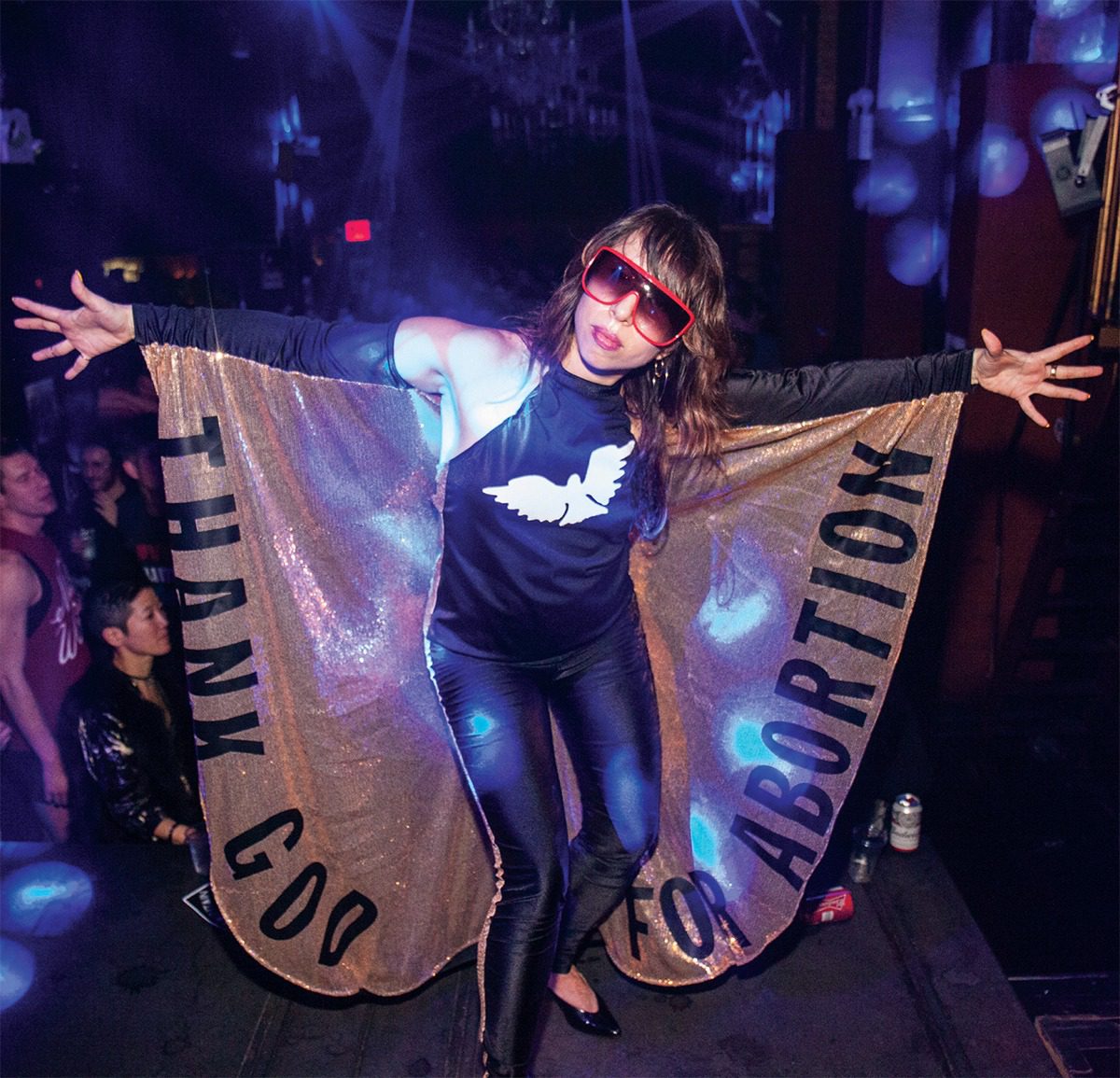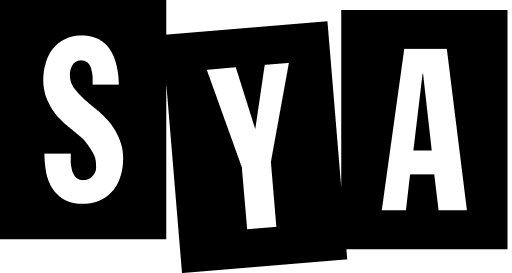
photo by Santiago Felipe
I grew up Catholic and very much in love with Jesus Christ, so much so that I aspired to be a nun. Devotion has always come naturally to me. I understand now that the story of Jesus and unconditional love provided a safe place for me when I desperately needed one. I grew up in the hood, in the midst of the onslaught of crack cocaine. Not only were the streets a thing to navigate, but the home I was born into was as well. Children need refuge and will eventually find it somewhere, and in the beginning, for me, it was God.
In Catholic grade school I was shown anti-abortion films. A priest told me, “Sex is not something you do on the street corner like dogs.” I remember that phrase distinctly because it lit up a part of my brain I hadn’t been aware of before, and maybe not in the way he intended. There was clearly a mystery about the body that these people were viciously guarding.
When I had my first abortion in the ’90s, I was mostly surprised that it was not the trauma Catholic school promised. I did not suffer, inside or out. I wouldn’t do it for fun, but I don’t have teeth taken out for fun either (no shade to anybody who does). I was very much in love with the person who got me pregnant—a sweet and good person who transitioned a few years later. I remember her consoling me, saying, “The next time, you’ll be having our baby.” I did not need to be consoled. Another person during that procedure reassured me that I would still be able to have kids eventually, and I noted that there was a universal assumption around me that I wanted to someday have a child. I never really did. I’m open to it, but I’ve never been one of those people who absolutely knew they needed that experience.
I got pregnant a second time, years later, and if I was ever not going to keep a pregnancy, it was this one. A mess of abuse that mirrored the machismo of my upbringing was all up in that relationship, and I was really glad to be done with all of it. Regardless, I had some feelings about it; hormones crossed with romance are a powerful combination. I sincerely understand how abortion can feel heartbreaking, emotional, or traumatic. But it also needs to be said that a lot of us are not upset about our abortions, then, now, or ever. Because of this, there needs to be more space and permission for people to have all sorts of different experiences with abortions, especially since the topic is so thoroughly drenched with Christian and patriarchal propaganda that wants us to feel guilt, secrecy, and shame. I am completely unbothered by the health care I chose, and I wouldn’t do anything differently. Abortion is normal. Autonomy is joyful. It is patriarchal programming that makes it seem anything but that.
The Christian Right are the obvious anti-abortion villains, but liberal hypocrisy is also incredibly counterproductive and damaging. A few years ago I was feeling so much rage about the frivolous new laws that were being invented to shut down clinics, and I kept ending up in conversations with cis white men—gay and straight—who sympathized with the Right’s definitions of “life” and interest in my uterus, because people with uteruses were the ones “populating the earth.” The horror dawned on me that the killer was inside of the house.
I started writing and sketching images, and speaking about abortion in a way that was beyond unapologetic. One design stood out: “thank god for abortion.” I decided to print the message on T-shirts. At the time, I was demonstrating a lot against police brutality in #BlackLivesMatter protests, and the idea of sacred signage was fresh in my mind—as was the idea of being in public with a wearable message, something you didn’t have to carry if you were running. While it’s not necessarily an easy message to wear, and I don’t recommend it everywhere—we have to stay safe and choose to agitate when and where we can— wearing it is an easy way to disrupt a space, and the status quo. (I hope we are all in agreement that the status quo is racist, femicidal, classist, ableist, and requires disruption.)
I think of TGFA as a tool that causes people on both sides to reveal themselves, like a special lamp used in hotel rooms to detect blood. I have seen the shock of an idea break a spell, like a sudden enlightenment or exorcism; it can lead to a conversation, which can be the first crack into a new perspective. I’m also encouraged to continue with this project every time people come up to me to hug me and talk about their experiences with abortion. I love and receive them and I can say I get it, I really get it, and I listen.
In the beginning, I didn’t know I’d get to learn so much about this topic, but I now feel that part of my job is taking note and doing my best to speak to the things I can speak to, in an extremely imperfect way. For instance, there are places in the abortion conversation that could use more light shed on them. Where do trans and gender-nonconforming people fit into this? Abortion is important for entire communities, and communities are not made up of only binary- identified straight people.
I can see and feel the change happening in conversations. At the same time, the Right is more vicious than ever, but I am encouraged by every little change I’ve seen in the last three years. We cannot go back, and I am determined that we will win.
I also wrote a theme song for the project. It’s a joyful thing to be in a cute look on a microphone singing, “Thank God for abortion!” and to have an entire audience chant back to you, “Legal, safe, and free.” I use the word God because it encompasses all genders.
I am a person of faith and I know: If God is for us, who can be against us?
I walk joyfully, arm in arm with the rest of you, pushing in all the different ways you can push, toward our collective liberation.
